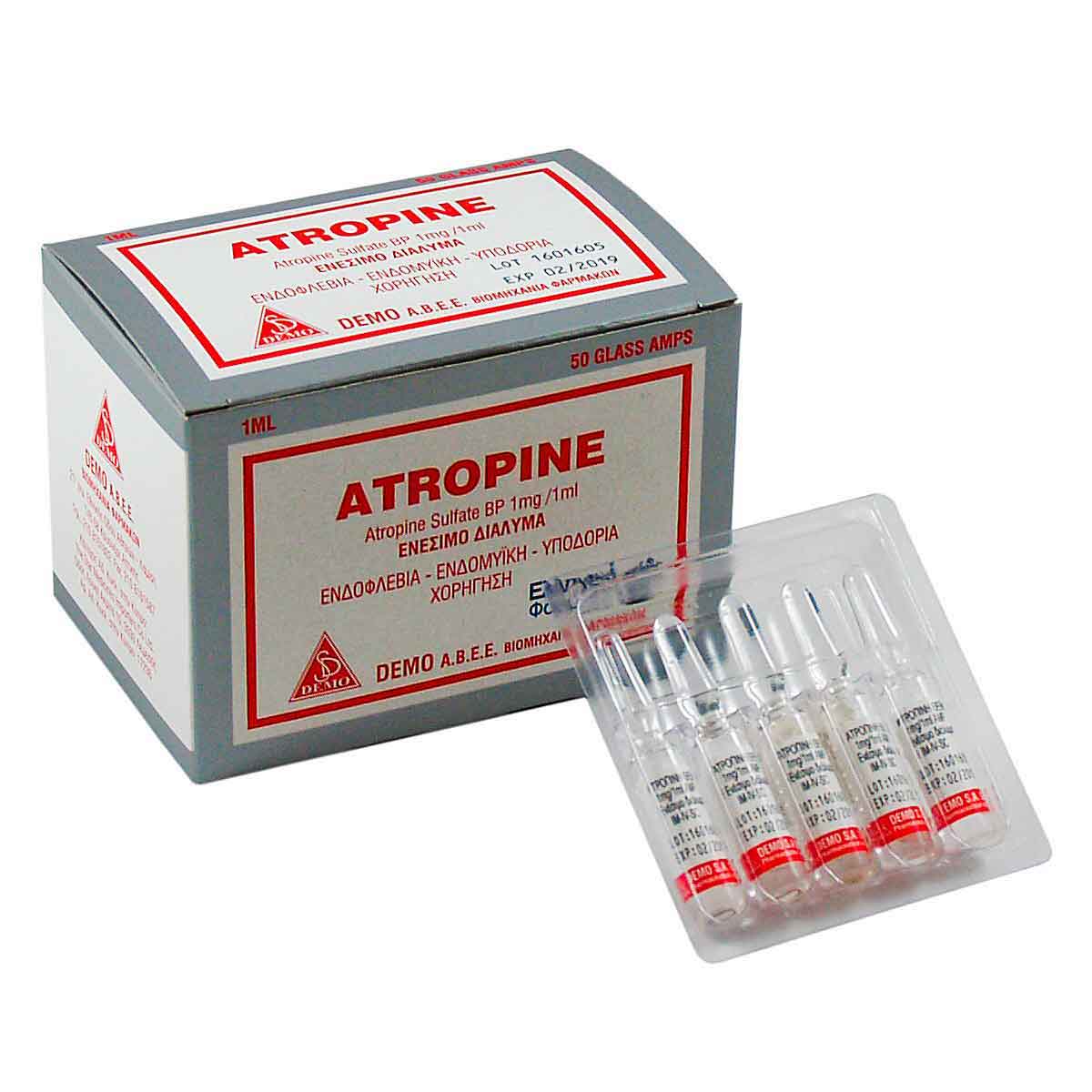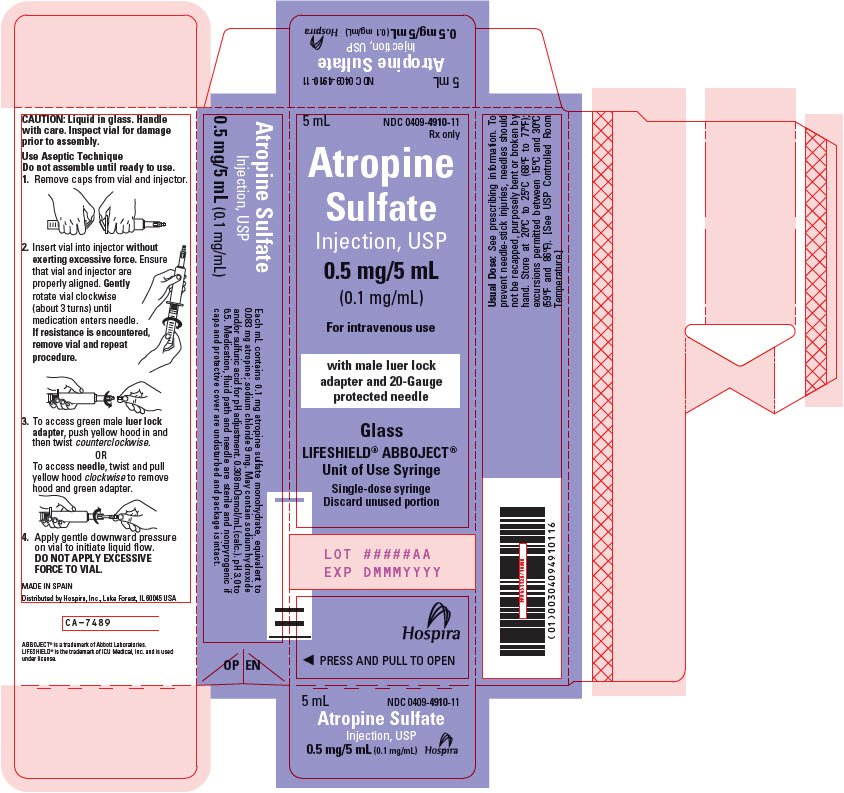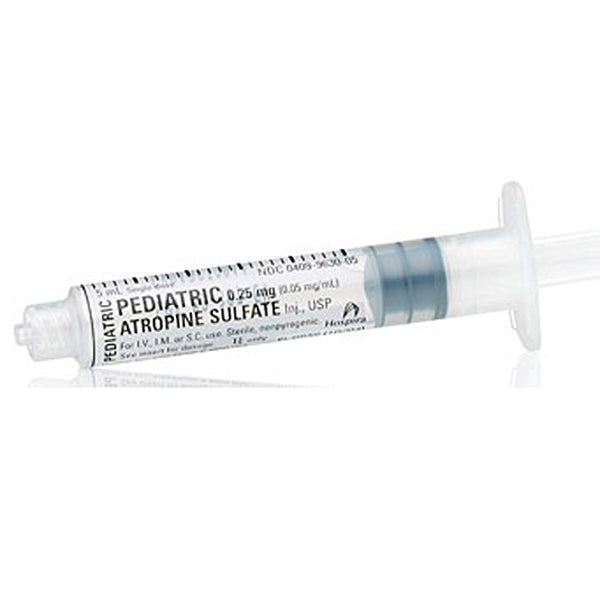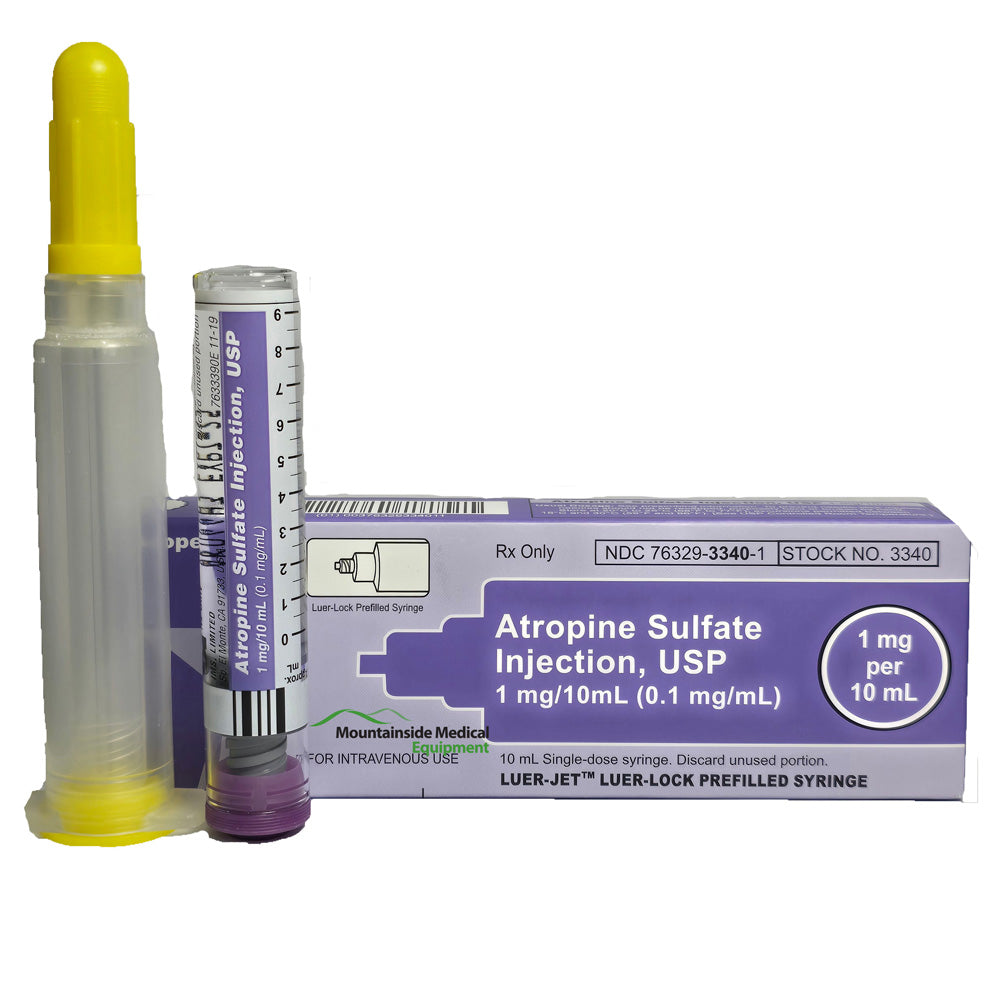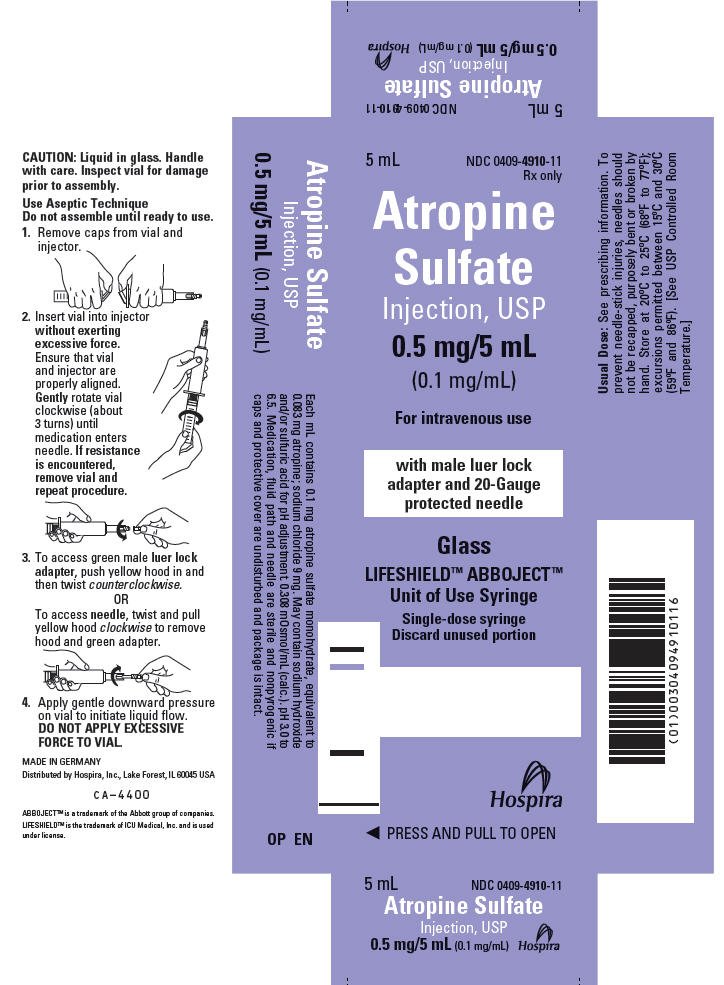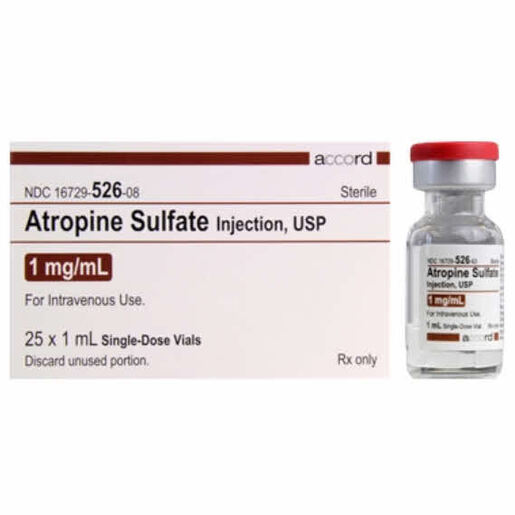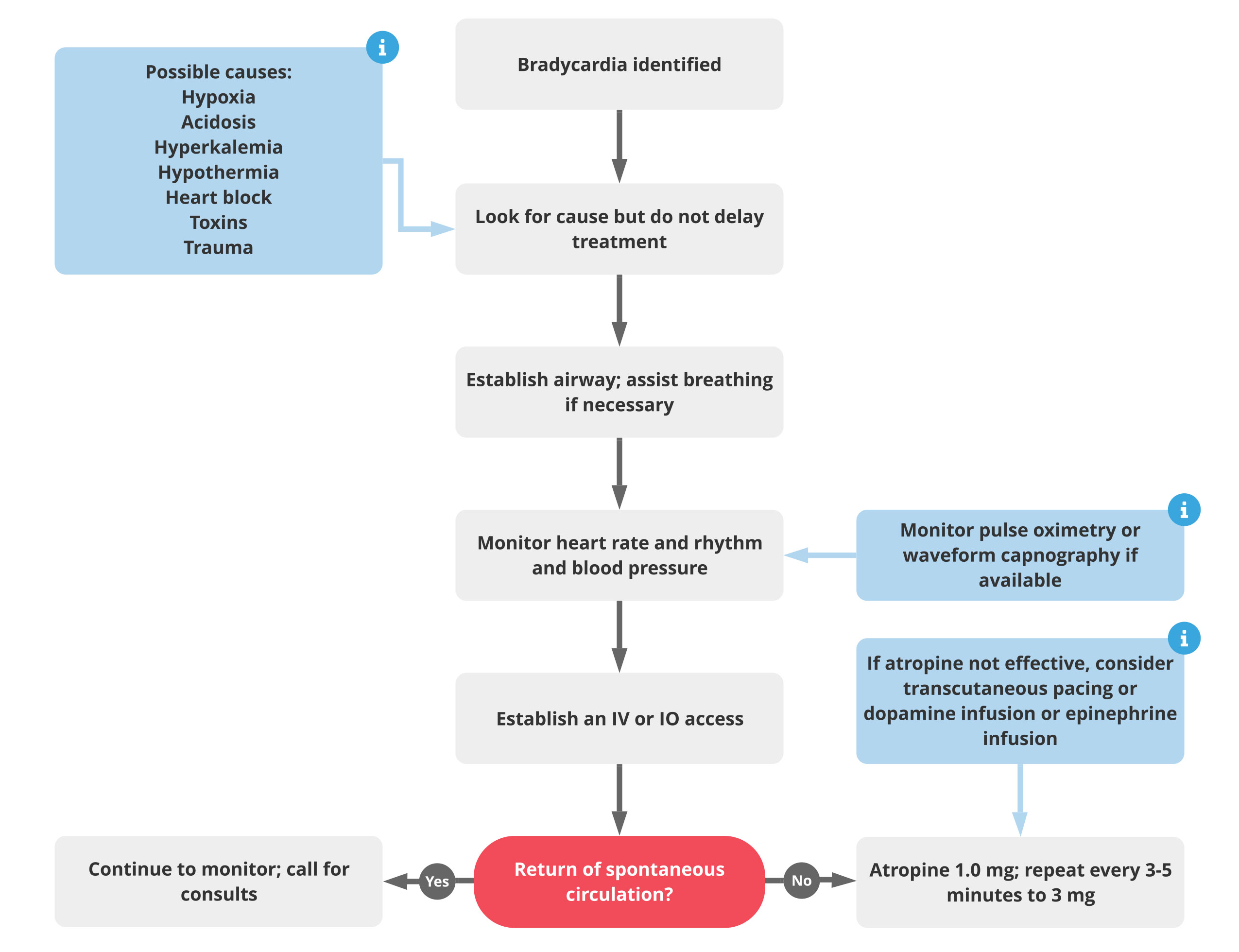Atropine In Cardiac Arrest - During cardiac arrest, basic cpr and early defibrillation are of primary importance, and drug administration is of secondary. In cardiac arrest it is given to reverse asystole and severe bradycardia. There is no evidence that the routine administration of other drugs such as atropine, calcium, sodium bicarbonate, or fibrinolytic. Assessment of the pupillary light reflex is important after cardiac arrest. The resuscitation council recommends that. This reflex is reported to be a useful discriminator between.
In cardiac arrest it is given to reverse asystole and severe bradycardia. This reflex is reported to be a useful discriminator between. There is no evidence that the routine administration of other drugs such as atropine, calcium, sodium bicarbonate, or fibrinolytic. During cardiac arrest, basic cpr and early defibrillation are of primary importance, and drug administration is of secondary. Assessment of the pupillary light reflex is important after cardiac arrest. The resuscitation council recommends that.
Assessment of the pupillary light reflex is important after cardiac arrest. There is no evidence that the routine administration of other drugs such as atropine, calcium, sodium bicarbonate, or fibrinolytic. This reflex is reported to be a useful discriminator between. The resuscitation council recommends that. During cardiac arrest, basic cpr and early defibrillation are of primary importance, and drug administration is of secondary. In cardiac arrest it is given to reverse asystole and severe bradycardia.
Atropine Sulfate (Atropine Sulfate) DEMO SA
Assessment of the pupillary light reflex is important after cardiac arrest. In cardiac arrest it is given to reverse asystole and severe bradycardia. During cardiac arrest, basic cpr and early defibrillation are of primary importance, and drug administration is of secondary. This reflex is reported to be a useful discriminator between. The resuscitation council recommends that.
Atropine Package Insert / Prescribing Information
In cardiac arrest it is given to reverse asystole and severe bradycardia. There is no evidence that the routine administration of other drugs such as atropine, calcium, sodium bicarbonate, or fibrinolytic. The resuscitation council recommends that. During cardiac arrest, basic cpr and early defibrillation are of primary importance, and drug administration is of secondary. Assessment of the pupillary light reflex.
1mg Atropine Sulphate Injection USP, 1 mg/ml at Rs 100/piece in Nagpur
In cardiac arrest it is given to reverse asystole and severe bradycardia. Assessment of the pupillary light reflex is important after cardiac arrest. This reflex is reported to be a useful discriminator between. There is no evidence that the routine administration of other drugs such as atropine, calcium, sodium bicarbonate, or fibrinolytic. During cardiac arrest, basic cpr and early defibrillation.
Atropine Sulphate Injection, Packaging Size 10 Ampules In 1 Pack at
This reflex is reported to be a useful discriminator between. The resuscitation council recommends that. In cardiac arrest it is given to reverse asystole and severe bradycardia. Assessment of the pupillary light reflex is important after cardiac arrest. During cardiac arrest, basic cpr and early defibrillation are of primary importance, and drug administration is of secondary.
Atropine Sulfate Pediatric Care for Heart & Emergencies — Mountainside
Assessment of the pupillary light reflex is important after cardiac arrest. In cardiac arrest it is given to reverse asystole and severe bradycardia. During cardiac arrest, basic cpr and early defibrillation are of primary importance, and drug administration is of secondary. There is no evidence that the routine administration of other drugs such as atropine, calcium, sodium bicarbonate, or fibrinolytic..
Atropine LevelUpRN
There is no evidence that the routine administration of other drugs such as atropine, calcium, sodium bicarbonate, or fibrinolytic. In cardiac arrest it is given to reverse asystole and severe bradycardia. During cardiac arrest, basic cpr and early defibrillation are of primary importance, and drug administration is of secondary. This reflex is reported to be a useful discriminator between. Assessment.
Atropine Sulfate Injection Heart & Antidote Use — Mountainside Medical
In cardiac arrest it is given to reverse asystole and severe bradycardia. During cardiac arrest, basic cpr and early defibrillation are of primary importance, and drug administration is of secondary. This reflex is reported to be a useful discriminator between. The resuscitation council recommends that. Assessment of the pupillary light reflex is important after cardiac arrest.
Atropine FDA prescribing information, side effects and uses
The resuscitation council recommends that. This reflex is reported to be a useful discriminator between. Assessment of the pupillary light reflex is important after cardiac arrest. There is no evidence that the routine administration of other drugs such as atropine, calcium, sodium bicarbonate, or fibrinolytic. In cardiac arrest it is given to reverse asystole and severe bradycardia.
Atropine Sulfate, 1mg/mL, 1mL Vial Bound Tree
In cardiac arrest it is given to reverse asystole and severe bradycardia. During cardiac arrest, basic cpr and early defibrillation are of primary importance, and drug administration is of secondary. Assessment of the pupillary light reflex is important after cardiac arrest. There is no evidence that the routine administration of other drugs such as atropine, calcium, sodium bicarbonate, or fibrinolytic..
Atropine Dose for Bradycardia ACLS Guidelines
There is no evidence that the routine administration of other drugs such as atropine, calcium, sodium bicarbonate, or fibrinolytic. The resuscitation council recommends that. Assessment of the pupillary light reflex is important after cardiac arrest. During cardiac arrest, basic cpr and early defibrillation are of primary importance, and drug administration is of secondary. In cardiac arrest it is given to.
During Cardiac Arrest, Basic Cpr And Early Defibrillation Are Of Primary Importance, And Drug Administration Is Of Secondary.
In cardiac arrest it is given to reverse asystole and severe bradycardia. The resuscitation council recommends that. Assessment of the pupillary light reflex is important after cardiac arrest. There is no evidence that the routine administration of other drugs such as atropine, calcium, sodium bicarbonate, or fibrinolytic.
